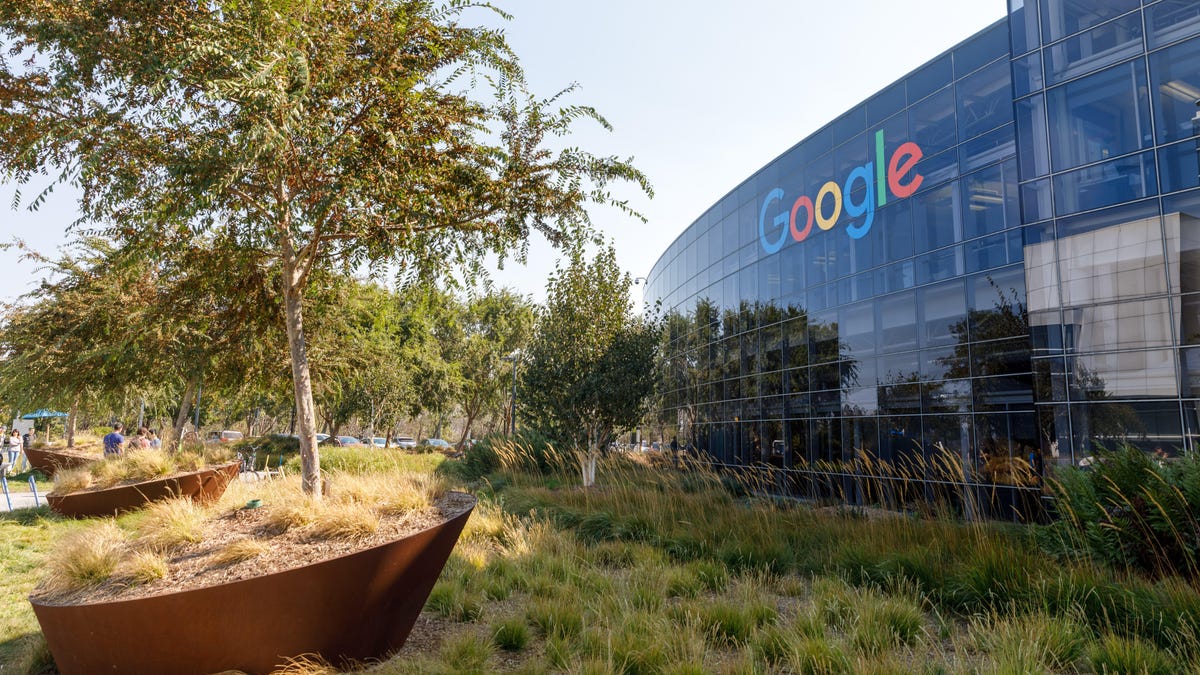Google tries opening AMP, its fast mobile website tech, to all
Lowering its walled garden's walls, the tech giant says it'll promote websites in search results even if they don't use Google's Accelerated Mobile Pages.

Google headquarters in Mountain View, California
Google has taken a new step to make sure it's not the only one who can use its technology to make websites load fast on smartphones .
Google's Accelerated Mobile Pages (AMP) technology undoubtedly makes websites show up fast on mobile devices. Now the company is working to get rid of the technology's drawbacks too, by working to make it a standard anyone can use.
Google built AMP to try to speed websites that were slow to view on smartphones -- and in response to "walled garden" technology from Apple and Facebook that offered fast mobile web performance as long as publishers put their content on those companies' online domains.
AMP is fast, and Google uses it to display the contents of articles often spotlighted in a high-profile "carousel" of Google search results. But AMP turned out to be another walled garden of sorts, using nonstandard web technology, residing on Google's domain and showing web addresses linked to Google instead of original publishers. That's meant plenty of complaints about AMP.
On Thursday, though, Google said it's working to let websites that aren't on AMP get similar prominence as long as they offer AMP's speed benefits. That comes through efforts to make AMP technology elements a standard part of the web, not a Google-only foundation.
"We are taking what we learned from AMP and are working on web standards that will allow instant loading for non-AMP web content," said AMP leader Malte Ubl in a blog post Thursday.
The move is an important development for the web as an open, neutral foundation for information and apps. Walled gardens mean that artists, businesses, authors, news sites and anybody else hoping for a voice on the web are beholden to big corporate gatekeepers -- companies that could go out of business or change priorities. But an open web means at least in principle that it's easier to maintain your own voice.

